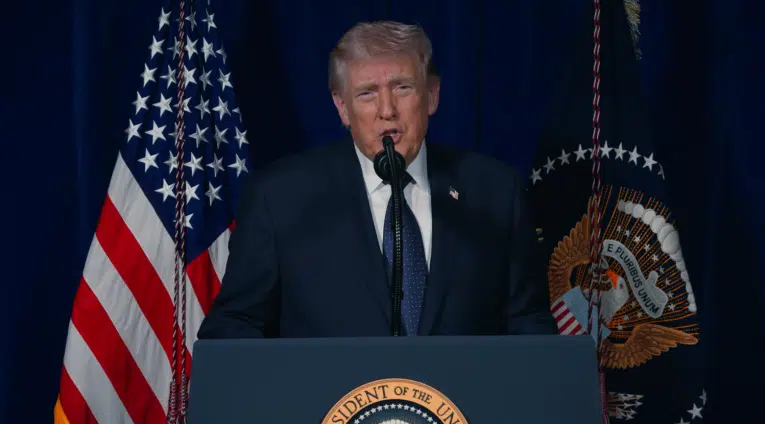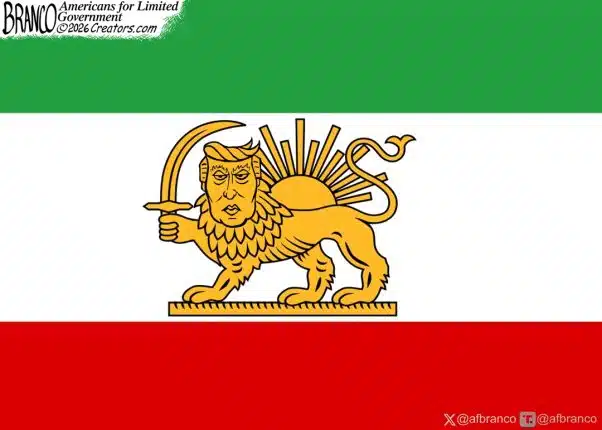By Bill Wilson — A bilateral agreement between Finland and Greece has promised to give the Nordic nation €500 million collateral for its portion of the bailout of Greece’s creditors.
Considering the risks, the call for collateral is hardly surprising — Athens’ credit rating is a mere grade above default, with many analysts predicting default to be all but inevitable.
Now, as Finland’s AAA-rated peers Austria and the Netherlands scramble to secure their own collateral, along with Slovenia and Slovakia, the Greek-Finnish deal threatens to derail the entire bailout regime.
Dutch Finance Minister Jan Kees de Jager has called Finland’s demands illegal, and that the deal would have to be approved by the other 15 eurozone states. In response, Finland Finance Minister Jutta Urpilainen has said her nation will not participate in the bailout without the collateral.
This is significant because the Finnish Parliament, unlike other European Union (EU) members, gets to vote on EU-wide decisions like the bailouts. To be enacted, those decisions require unanimous agreement from all EU members.
Pressure has been placed on Finland’s top two political parties, the National Coalition and the Social Democrats, by the insurgent Finns Party, which ran on an anti-bailout platform. The third party, led by Timo Soini, has surged to 19.1 percent of support in this year’s elections from a mere 4 percent in 2007, and promises to pick up more seats in the Parliament if the top-two parties cave on this issue.
Moody’s Investors Service offered its analysis of the situation: “We expect other euro-area members to ultimately reject the Finland-Greece deal. But the message sent by the calls for such agreements confirms that Europe is conflicted over the very decision to provide financial support to its members, not just the amount of the support.”
Which means that, eventually, the consensus to continue lending money to profligate sovereigns like Greece — whose interest rates on bonds have already soared to over 40 percent — is likely to fall apart. When that happens, Greece and others will default.
The alternative is for members to continue to kick the can — by allowing the European Central Bank (ECB) to continue to print billions to refinance the debts of each state. This path likely will lead to a European superstate, with fiscal union and a continental government with its own balance sheet.
But nations like Germany and France should be forewarned.
When Ireland took on the bad debts of its banks that had bet poorly on housing, the decision resulted in a funding crisis for the government itself — which was eventually forced to accept a €85 billion bailout for its creditors.
Similarly, heaping the bad bets of Ireland, Greece, Portugal, Italy, and others onto the balance sheets of Germany, France, and the ECB will simply result in a souring of German, French, and ECB finances. Yet, Germany and France are the lead proponents for expanding the bailout regime. French President Nicolas Sarkozy recently called for a “true European economic government”.
Good luck with that. When Greece and others default, perhaps the German and French banks — that to date have been the primary beneficiaries of the bailouts — will wish they had heeded Finland’s calls for collateral.
Finland is to be applauded for standing on principle. Even if its collateral proposal is being treated like a poison pill, it may be the only medicine that might actually save Europe — from itself.
Bill Wilson is the President of Americans for Limited Government.






